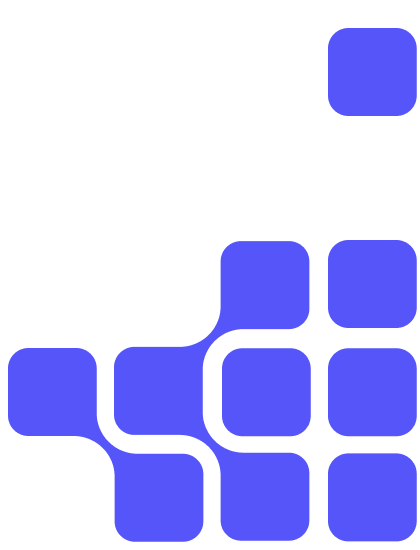2025 Was the Year the Cloud Reminded Us Who's Really in Control
Major cloud outages in 2025 highlighted the risks of centralized control planes and global configuration failures that regional redundancy cannot solve. To mitigate future disruptions, there must be an architectural shift toward data portability and deliberate multi-cloud strategies to maintain control when vendors fail.

